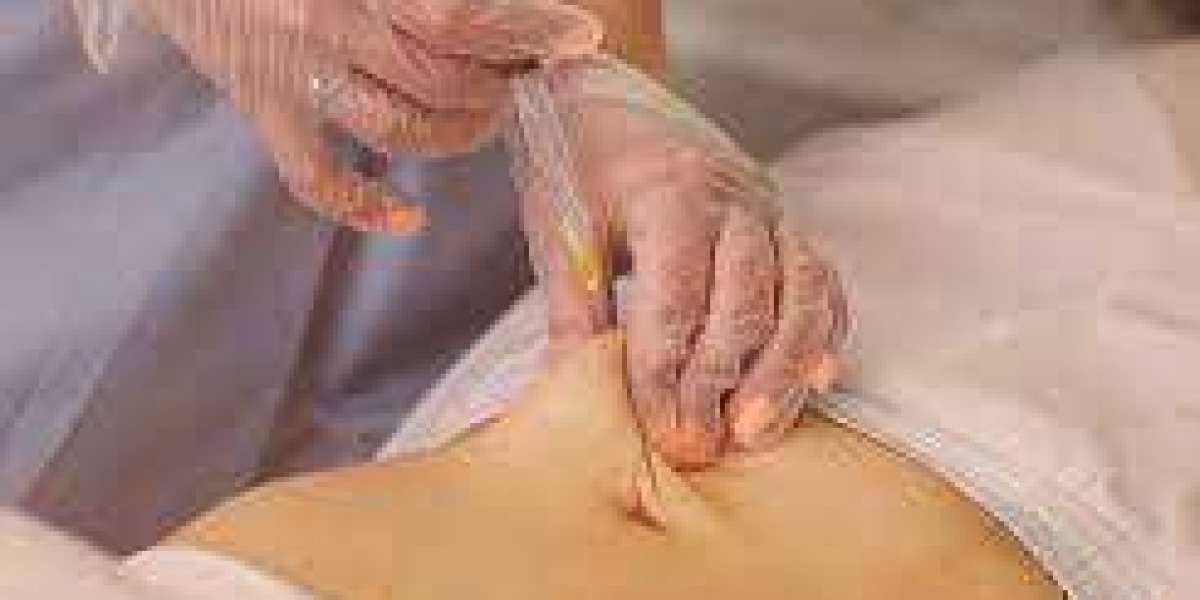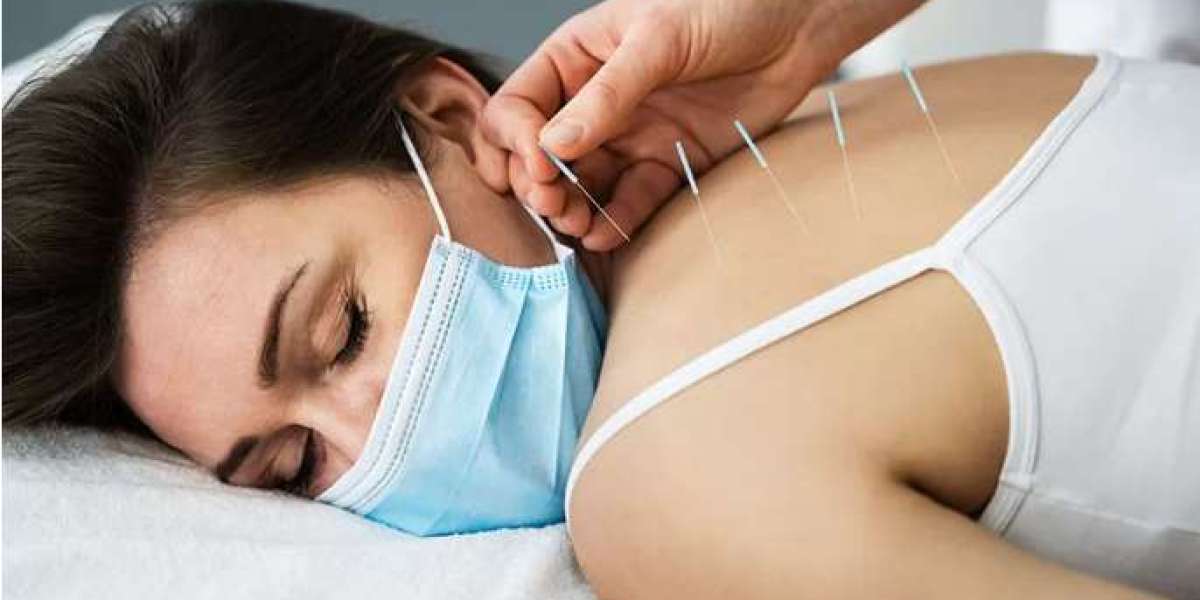Life skills in recovery are the tools that help you navigate life without drugs and alcohol. These skills can include everything from learning how to practice self-care to coping with stress in a healthy way.
Many people who are recovering from addiction may have lacked these skills during their active substance abuse. They must learn or re-learn these important abilities to maintain sobriety and thrive in recovery.
Self-awareness
Self-awareness is one of the most important life skills in recovery. It allows people to recognize and understand their own triggers and how they react to them. This helps them to regulate their emotions and commit to new patterns of behavior.
This is an internal process that takes time and practice to master. People who want to improve their self-awareness should eliminate distractions and spend time reflecting on themselves. They can also try mindfulness practices like meditation, yoga and deep breathing to help them calm their thoughts.
Achieving self-awareness is difficult when you’re busy or stressed. Many people with addictions find it hard to focus on themselves because of their chaotic lives, which can cause them to push away the important people in their lives.
Communication
One of the main life skills learned during recovery is communication. Addiction often robs people of their ability to clearly communicate with others, and this skill must be re-learned during addiction treatment. Developing open and honest communication with loved ones, friends, sponsors, or other members of your recovery group is critical to a successful life in sobriety.
In addition to learning how to express yourself in a healthy way, life skills training also helps you learn how to deal with stress. Stress can be a major trigger for substance abuse and relapse, so it’s important to learn how to deal with it in a healthy way.
This may include re-evaluating relationships that may be too much of a burden on you, or finding ways to reduce your workload or work responsibilities. It could also mean finding ways to get out of debt or changing your financial habits.
Self-management
Self-management is an essential life skill for people in recovery from addiction. It enables them to take control of their behaviors, emotions and physical health, which improves their quality of life. It also teaches them to avoid triggers and maintain healthy habits.
To develop this skill, students can start by reflecting on their strengths. For example, if they are good at keeping their group on task during class projects, they can try to apply that same strength to their personal goals and relationships.
They can also set aside time for rest and self-care, which will help them stay motivated and productive. For example, they can make sure to get eight hours of sleep or put on a face mask at the end of each day.
Financial management
Financial management is a key life skill for people in recovery. Addiction takes a heavy toll on one’s finances, and it is important to manage these funds responsibly to support a new healthy lifestyle. This includes paying bills, grocery shopping, and maintaining a home that is clean and livable. Many alcohol and drug rehabs offer training on these practical skills as part of their day-to-day programming. In addition, many sober-living homes like Eudaimonia require their residents to shop and prepare their own meals, giving them an opportunity to practice these skills in a safe environment.
Learning and practicing these critical life skills allows individuals in recovery to build a foundation for long-term sobriety and avoid harmful decisions that could threaten their recovery. It also helps them cultivate and maintain positive relationships, which are essential for a happy and fulfilling life.
Forgiveness
In recovery, it’s important to forgive others for their actions. This can be a challenging task, but it’s vital for a healthy and happy life in recovery. Practicing forgiveness can help you to let go of negative feelings such as anger and resentment, which can cause chronic health issues.
Another aspect of life skills in recovery is learning how to self-care. This is an area where many recovering individuals struggle. Self-care can include things like practicing yoga, taking care of the body, and incorporating soothing bedtime rituals.
In addition, it’s important to learn about financial management. It’s a skill that can be learned in treatment or through support groups. A financial plan can help you establish a budget, reduce debt and start saving for the future.



